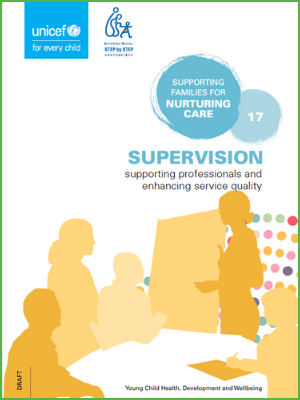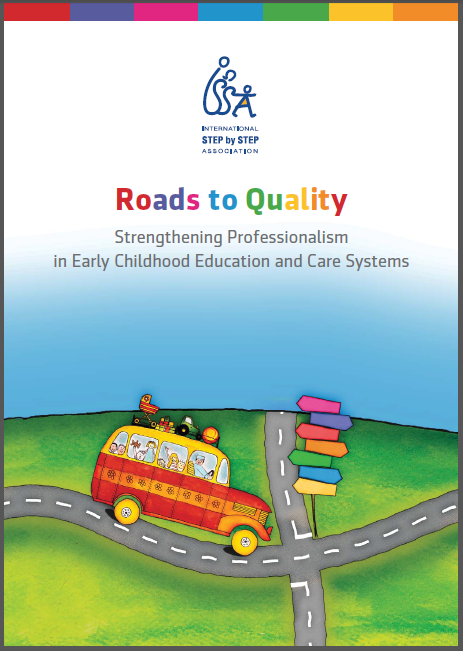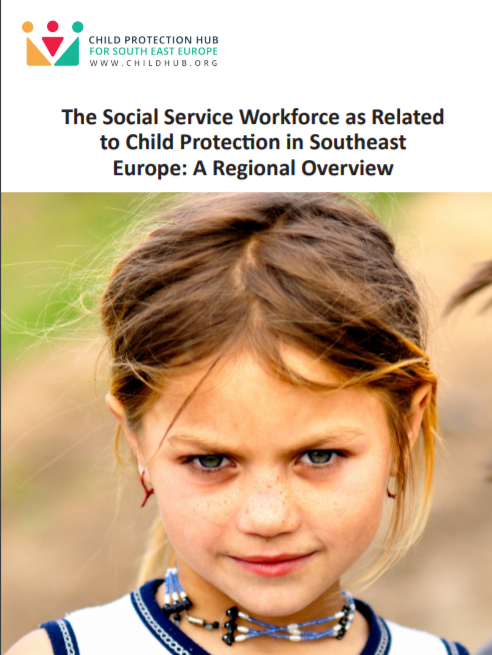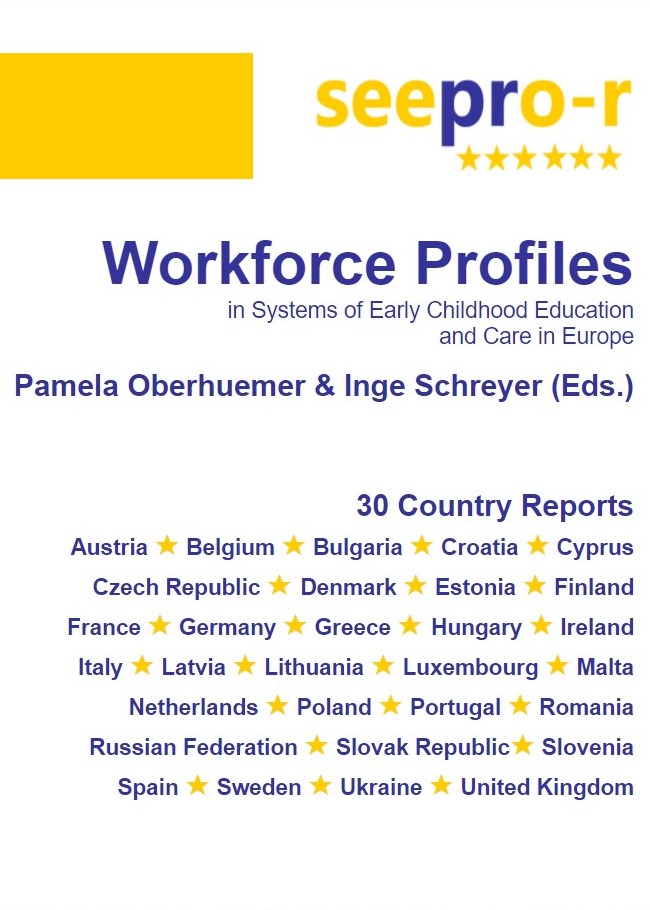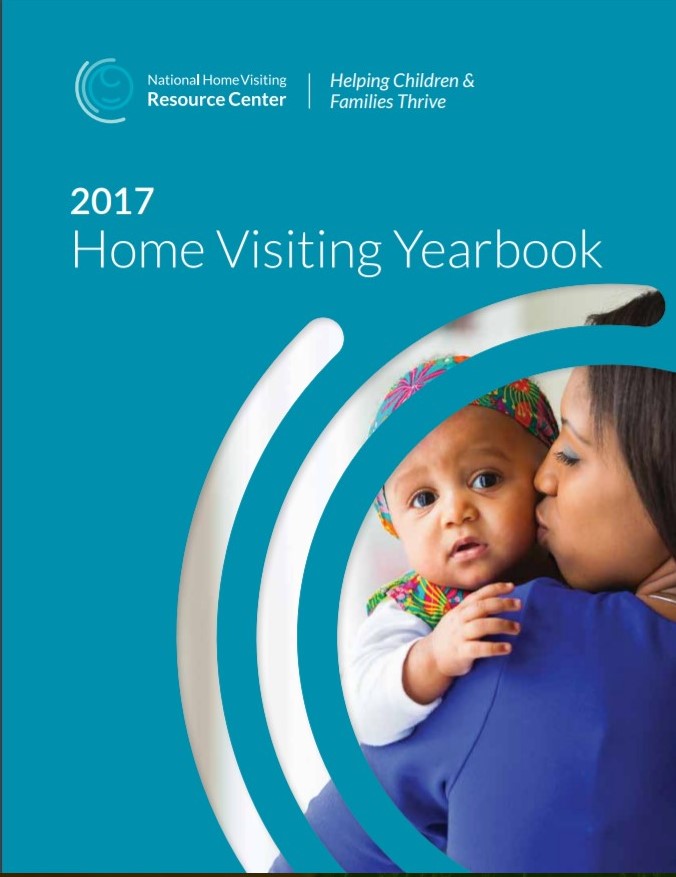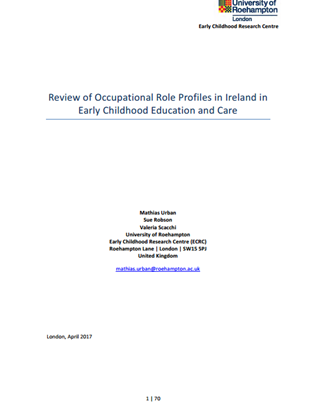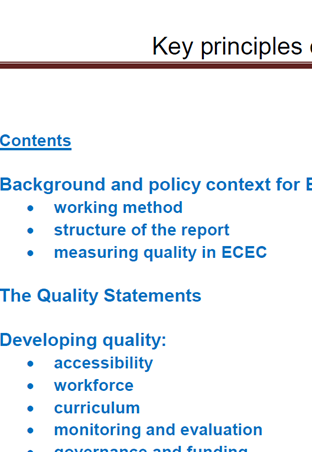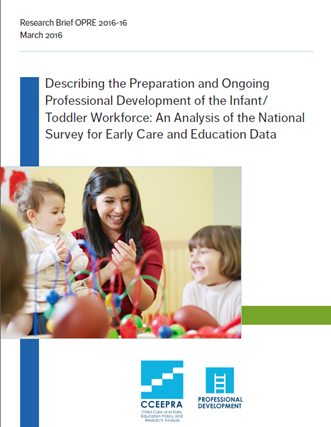Call to Action on the Social Service Workforce Strengthening in the Europe and Central Asia Region
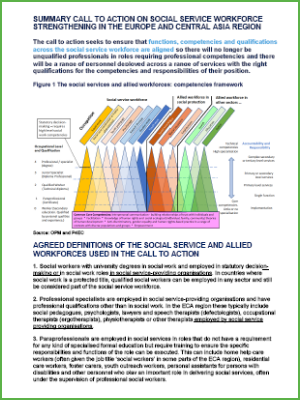
Call to Action on the Social Service Workforce Strengthening in the Europe and Central Asia Region, developed by Oxford Policy Management and UNICEF Europe and Central Asia, seeks to ensure that functions, competencies and qualifications across the social service workforce are aligned so there will no longer be unqualified professionals in roles requiring professional competencies and there will be a range of personnel deployed across a range of services with the right qualifications for the competencies and responsibilities of their position.
The governments of the region are called upon to act upon the following:
- Agreeing to a common set of definitions of the social service and allied workforces in the ECA region
- Effective long-term planning of the social service workforce and aligning functions, processes, competencies and qualifications
- Developing the competencies of the social service workforce
- Supporting the social service workforce



